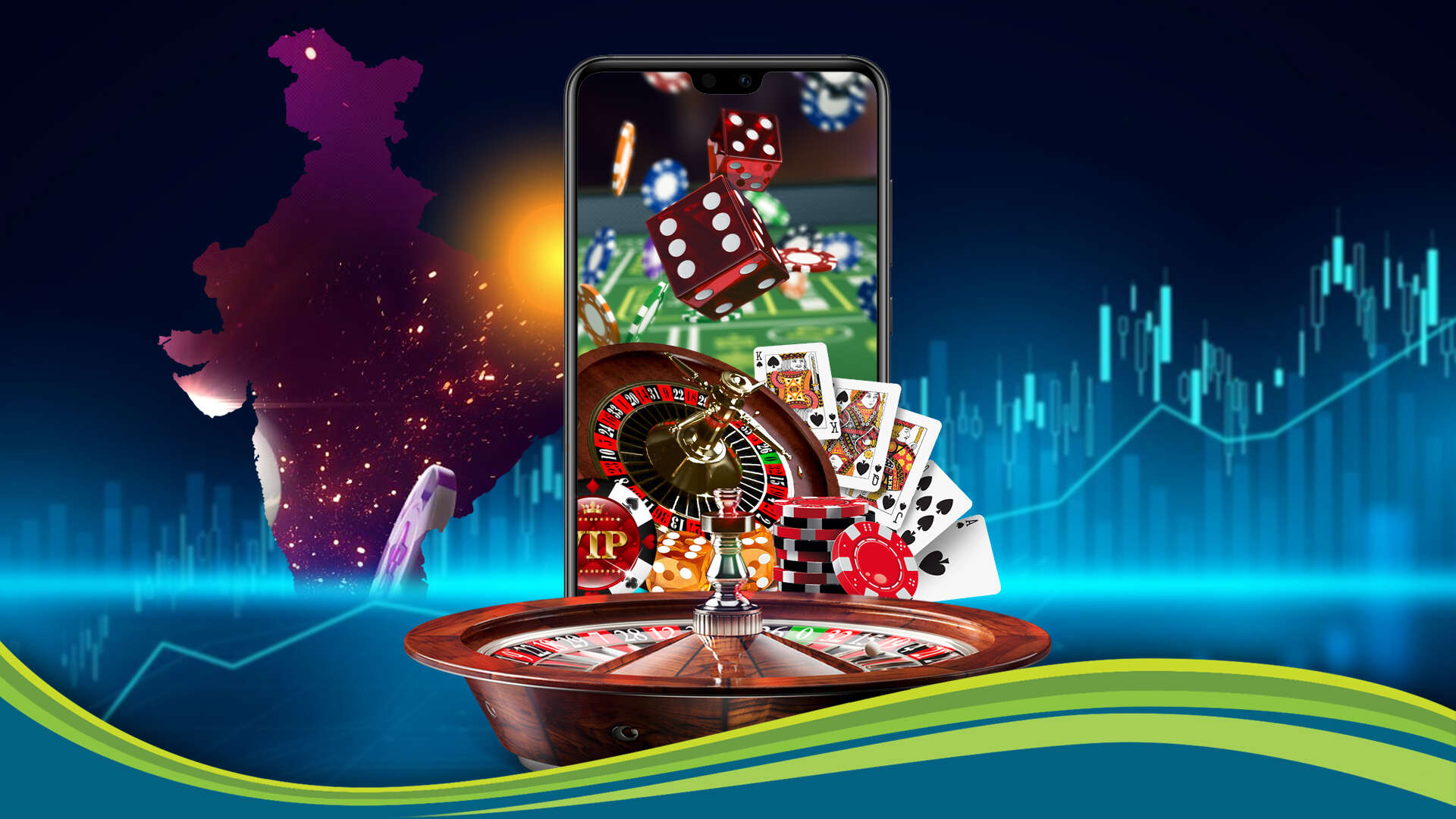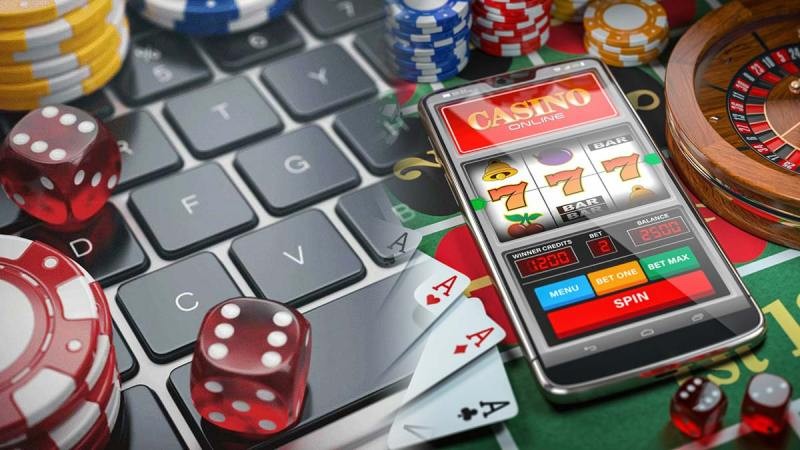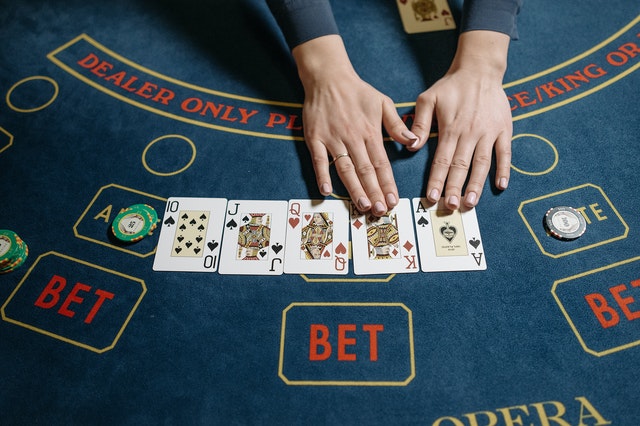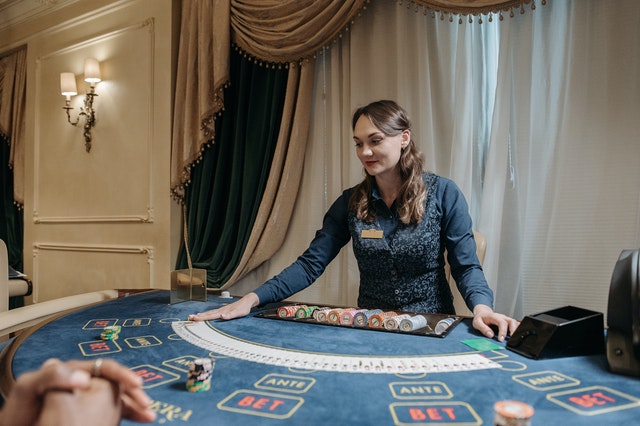Live Casino Free Credit
Looking to maximize your online casino experience? Claiming free credits at live casinos can help boost your gameplay without breaking the bank.
Discover the benefits of live casino free credit malaysia online casino, learn how to claim them, and find out which top casinos offer this exciting perk.
With our tips and advice, you’ll be well-equipped to make the most of your free credits and enjoy an enhanced gaming experience.

Benefits of Live Casino Free Credit
You can enjoy various benefits when taking advantage of live casino free credit. Firstly, the free credit allows you to explore different games without risking your own money. It gives you a chance to try out new strategies or games that you mightn’t have considered before.
Secondly, with live casino free credit https://www.v2288.net/my/en-us/, you have the opportunity to win real money without making a deposit, providing a thrilling and risk-free gaming experience. Additionally, the free credit can enhance your overall gaming experience by allowing you to play for longer periods or place higher bets than usual.
Lastly, it’s a great way for online casinos to attract new players and reward loyal customers, creating a win-win situation for both parties.
How to Claim Free Credits
To claim free credits, follow these simple steps to make the most of the benefits discussed earlier.
Start by creating an account on the live casino platform offering the free credits. Once your account is set up, navigate to the promotions or bonuses section to see if there are any free credit offers available.
Some casinos may require a bonus code to redeem the free credits, so make sure to enter it correctly. After entering the bonus code, the free credits should automatically be credited to your account.
Remember to check the terms and conditions associated with the free credits, such as wagering requirements or specific games the credits can be used on. Enjoy your free credits responsibly and have fun playing at the live casino!
Top Casinos Offering Free Credits
After claiming your free credits, explore top casinos that offer generous promotions to enhance your gaming experience. Check out renowned online casinos like XYZ Casino, known for their exciting live dealer games and regular free credit giveaways.
ABC Casino is another top choice, providing a wide range of games and rewarding loyalty programs that can earn you even more free credits.
Additionally, don’t miss out on the promotions at 123 Casino, where you can find a variety of bonuses and free credit offers to boost your gameplay.
Tips for Maximizing Free Credit Use
For maximizing your free credit use, focus on strategic wagering and efficient budget management. Start by choosing games with lower house edges like blackjack or baccarat to increase your winning chances.
Utilize your free credit wisely by placing smaller bets initially to test the waters before ramping up. Keep an eye on the terms and conditions of the free credit offer, ensuring you meet any wagering requirements to withdraw winnings successfully.
Set a budget and stick to it to prevent overspending and maximize the value of your free credit. By managing your bets prudently and being mindful of your budget, you can make the most out of the free credit offered by live casinos.
Terms and Conditions to Remember
Remember to carefully review the terms and conditions of the free credit offer before proceeding with your gameplay. Pay close attention to any wagering requirements, expiration dates, eligible games, and withdrawal restrictions. It’s crucial to understand the rules associated with the free credit to avoid any disappointment or misunderstandings later on.
Some offers may have specific conditions, such as a maximum bet limit or a restricted timeframe for using the credits. By familiarizing yourself with the terms and conditions, you can make the most of the free credit opportunity and enjoy your gaming experience without any unnecessary complications.
Always ensure that you comply with the stated requirements to fully benefit from the free credits provided by the live casino.
Conclusion
Overall, taking advantage of live casino free credit offers can greatly enhance your online gaming experience.
By claiming these free credits, you can enjoy playing your favorite casino games without risking your own money.
Remember to check the terms and conditions to make the most of your free credits.
So, don’t miss out on the opportunity to boost your winnings and have a thrilling time at the live casino!…
View Details















